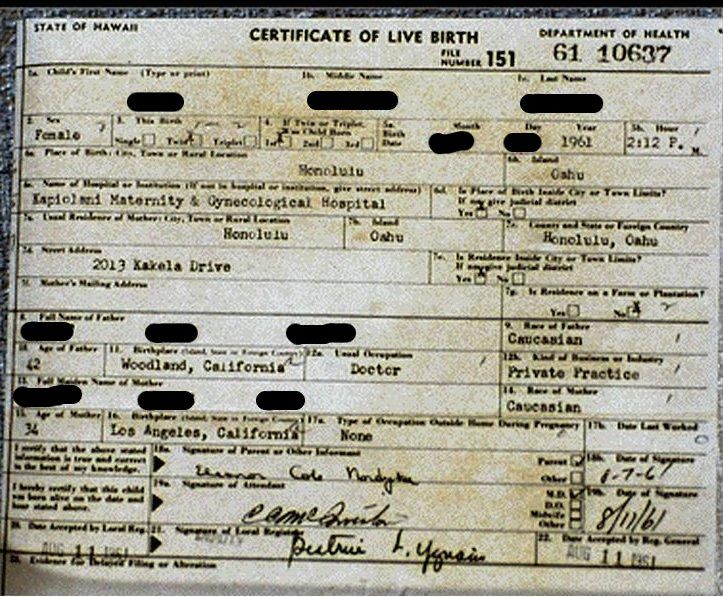Whenever a new employee is hired at a school, kindergarten or nursery school in Copenhagen, the employee is required to show a birth certificate.
That certificate should then be examined and approved by the municipality. A new audit by accounting firm Deloitte has revealed that many birth certificates never make it to the people whose job it is to review those documents. The report states the municipality had “a lack of systematic control” for dealing with the paperwork.
“If an external audit points out errors in the management, it is something I take very seriously and will do something about,” Pia Allerslev, Copenhagen’s deputy mayor for children and youth, told DR Nyheder.
“I can guarantee there will not be a lack of systematic controls in the future.”
Problematic paperwork
Dorthe Boe Danbjørg, the chair of the parents’ group Forældrenes Landsforening, said it was a problem if the municipalities’ systems were not working the way they should.
“As a parent, I would say that if you have a system in place, then it should work so we can be sure that the people who need to see the documents get the documents.”












